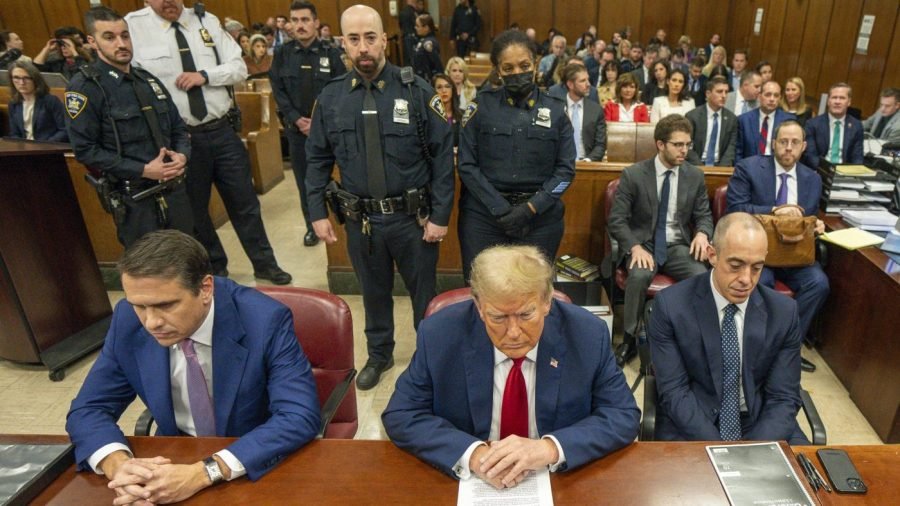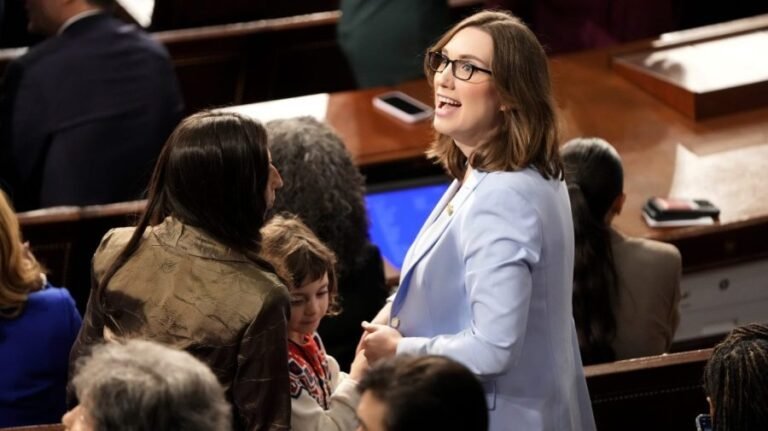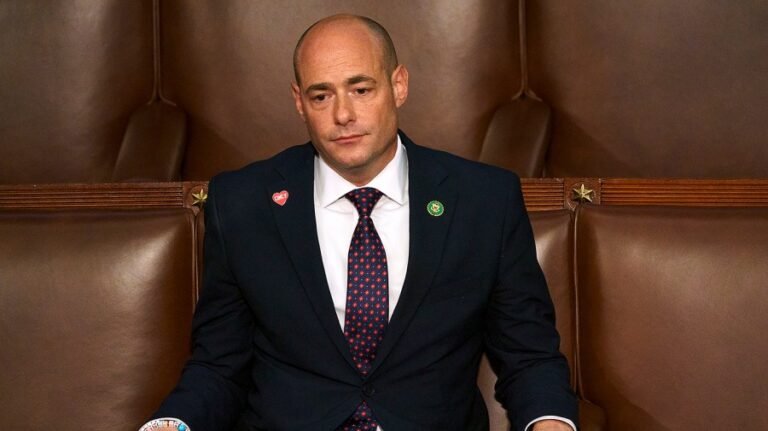
The breadth of presidential immunity has come back to haunt us, as President Trump continues maneuvering to overturn his New York state court criminal conviction. Last spring, a New York jury convicted him on 34 counts of falsification of business records to conceal a hush-money payment to the porn actress Stormy Daniels in 2017, as part of a deal made in the runup to the 2016 election.
Trump wants to move the appeal of his conviction to the federal courts, which he sees as a more favorable forum to overturn the jury verdict. Amazingly, four Supreme Court justices have already signaled that they might lean towards accepting his argument.
Trump cannot pardon himself from a state conviction — if he can pardon himself at all, as it is well settled that no one can be the judge in his own cause.
Can a payoff to a porn actress be an official act, because Trump happened to be in the Oval Office when he signed the checks on a personal bank account? The argument sounds absurd on its face. It has already been rejected twice by a federal court in the same case.
Before trial, Trump tried to move the prosecution to federal court, and District Judge Alvin Hellerstein, a respected jurist, flatly rejected the argument, holding once and again that a hush money payoff simply cannot be an official presidential act.
Last week, a three-judge panel of the U.S. Court of Appeals for the Second Circuit heard oral argument on appeal from Hellerstein’s decision.
Trump’s legal team at the trial, Todd Blanche and Emil Bove, are now top-ranking officials in the Justice Department, so they could no longer represent him. This time around, Jeffrey B. Wall, a partner in the Washington office of the storied Sullivan & Cromwell firm, represented Trump.
Sullivan & Cromwell was not among Trump’s targeted firms of DEI-inclined lawyers, so we cannot say that the representation involved the rendering of pro bono services as a peace offering to avoid blacklisting. Trump has become closely identified with its managing partner, Robert Giuffre, who helped negotiate the settlement between the president and the targeted law firm of Paul Weiss.
Wall argued that there was reason to move the case, which he disparaged as an “anomalous, one-of-its-kind prosecution.” He contended that prosecutors had relied on evidence from Trump’s first term as president. One of the judges, Obama-appointed Susan L. Carney, acknowledged that any decision would need to weigh the interests of the presidency against those of New York State. And so it will.
If Trump fails in his appeal to the federal court, the state case would be appealed to New York’s intermediate appellate court, and after that to its court of last resort — and eventually to the U.S. Supreme Court. Trump seeks to avoid having to roll the rock up that steep hill.
During the 2024 oral argument in the D.C. Circuit in U.S. v. Trump, related to Trump’s claim of absolute immunity from prosecution for the events of Jan. 6, 2021, Judge Florence Y. Pan presented a hypothetical scenario to Trump’s attorney, D. John Sauer (now the U.S. Solicitor General).
“A president could sell pardons, could sell military secrets, could order SEAL Team 6 to assassinate a political rival?” Judge Pan asked. “Would such a president be subject to criminal prosecution if he’s not impeached?” Pan pressed for a “yes or no” answer.
Sauer stated that his response was a “qualified yes,” reasoning that a president would need to undergo the House impeachment and Senate conviction process before criminal liability could apply. Sauer also suggested that a president who ordered an assassination would likely be impeached “speedily.”
Really? Would a concealed payoff to a porn star or the falsification of business records before taking office ever qualify as a “high crime and misdemeanor,” the constitutional standard for impeachment?
Special Counsel James Pearce, representing the government, described Sauer’s theory as “frightening.” King George III was above the law. That is why the Founders made the American president the law’s servant.
Eventually, the case reached the Supreme Court, and, as we all know, the court upheld in a 6-to-3 decision a broad presidential immunity from prosecution for actions taken in exercise of his core constitutional duties. Writing in the opinion, Chief Justice Roberts stated that “the interests that underlie presidential immunity seek to protect not the president himself, but the institution of the presidency.”
Roberts, however, in a gesture toward the principle that no one is above the law, said that private schemes with private actors, unconnected to any statutory or constitutional authority or executive function, are unofficial acts for which the president could be prosecuted after he left office.
In what has become a problematic footnote to the court’s opinion, Roberts said that in a case regarding private acts that were connected to official acts — for example, the venal selling of a pardon — prosecutors would not be allowed to use official documents not in the public domain or oral communications with the president connected to the exercise of the pardon power. Although prosecutors could of course present evidence of the bribe payment, they would be barred from using presidential communications about the illegal act being taken in exchange for the bribe — for example, official evidence that the president knew there was no basis for the pardon or that advisers had recommended against granting it.
On this, Justice Amy Coney Barrett pushed back in a blistering concurring opinion. As she put it, “To make sense of charges alleging a quid pro quo, the jury must be allowed to hear about both the quid and the quo, even if the quo, standing alone could not be a basis for the president’s criminal liability.” Barrett, chagrined at Roberts’ thinking, wrote that such a rule would “hamstring the prosecution.”
So, can it be the law that a president’s hush-money payoffs to a porn actress is an executive action authorized by the Constitution, because he happened to sign the checks in the Oval Office? Not bloody likely — but with this Supreme Court, who knows?
James D. Zirin, author and legal analyst, is a former federal prosecutor in New York’s Southern District. He is also the host of the public television talk show and podcast Conversations with Jim Zirin.


